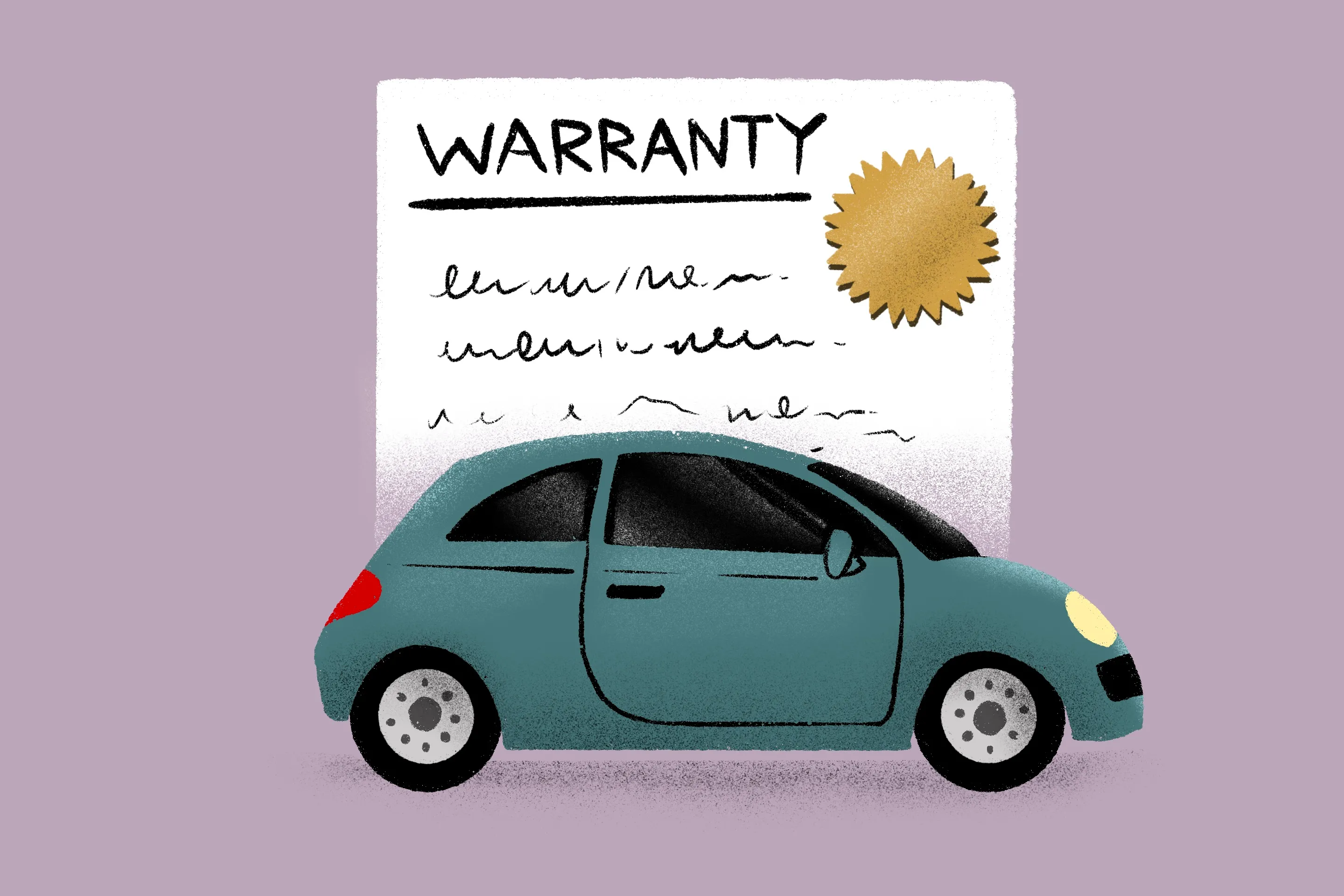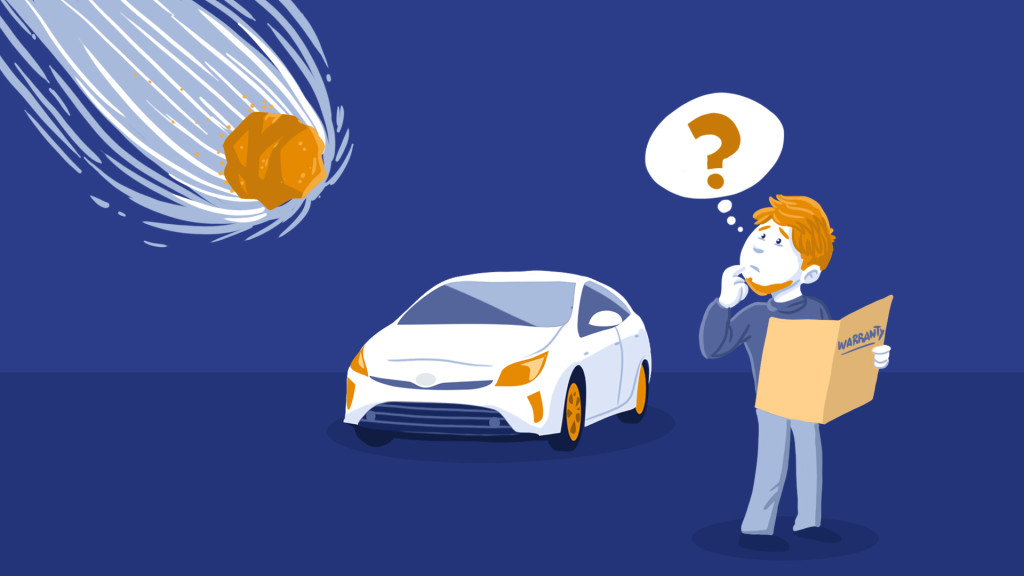How To Effectively Use Your Warranty For Car Repairs
Learn effective ways to use your car warranty for repairs and maintenance, ensuring your car remains in top-notch condition.

Navigating the ins and outs of warranty car repairs can be a daunting task. However, with some knowledge at your disposal, it can become a lot simpler. This article provides you with effective ways to make the most out of your car warranty for repairs, helping your vehicle stay in the prime of its health. We'll guide you through the process, step by step, to ensure you're never stranded on your journey.
The Art of Utilizing Your Warranty for Car Repairs
Understanding how to effectively use your car warranty can seem complicated but it doesn't have to be. Armed with the right knowledge, you can save on out-of-pocket expenses and keep your vehicle in top shape. Allow us to guide you on this adventure.
Table of Contents
- Understanding Your Warranty
- Knowing The Difference: Warranties and Extended Warranties
- Dealership Vs Independent Repair Shops
- Common Misconceptions About Warranty
- What to do When Your Warranty Ends
- Advocating for Yourself: Getting the Most From Your Warranty
Understanding Your Warranty

Your automotive journey begins with understanding your warranty. A car warranty is essentially a promise made by the manufacturer or dealer to cover various repair and replacement costs within a specific time period. It serves as a safeguard, keeping your wallet protected from unforeseen repair expenses. But remember, every warranty is unique and comes with different terms and conditions. It's crucial to carefully read your warranty document to know what it entails.
- Manufacturer Warranty: This warranty, sometimes known as the ‘bumper-to-bumper’ warranty, normally covers just about any element between the front and rear bumper. However, it has a limited duration that could range from three to five years.
- Powertrain Warranty: Generally covering the car’s engine and transmission, this warranty lasts longer but is limited in scope compared to the manufacturer warranty.
Key Takeaway
Always ensure you thoroughly understand the terms and conditions of your warranty, its duration, and what it covers. When in doubt, don't hesitate to ask your dealer for clarity.
Knowing The Difference: Warranties and Extended Warranties
Warranties can either be basic or extended. A basic warranty is offered by your car's manufacturer at the time of purchase and typically covers a wide range of car parts and labor costs for a specified period. An extended warranty, on the other hand, can be purchased separately and begins when the basic warranty expires. It provides additional coverage and can sometimes offer benefits such as roadside assistance. However, whether it's worthwhile depends on your specific circumstances, including the vehicle's age and your typical annual mileage.
Pro Tip
Don't let the appeal of an extended warranty persuade you into buying one immediately. Analyze the durability and reliability of your car, as some models might not need this additional coverage.
Dealership Vs Independent Repair Shops

When it comes to warranty car repairs, you might find yourself torn between servicing your vehicle at the dealership versus an independent repair shop. While both have their own advantages, the golden rule is to "always follow your warranty guidelines".
Usually, a dealership repair shop is your safest bet because most warranties necessitate that the car be repaired at a franchised dealership. But remember, communication is crucial. Always verify with your warranty provider where the repairs should be done. And don't forget to check the reputation and reviews of the dealership or the shop you're planning to visit. After all, quality and trustworthy service is the name of the game.
Common Misconceptions About Warranty
Just as the tasks of navigating through dense traffic or driving on open roads are filled with unexpected challenges, so is understanding warranty car repairs. However, our aim here is to ease your ride by debunking some common misconceptions.
- Myth 1: Routine Maintenance Must Be Done At Car Dealership To Keep Warranty Intact - The reality is, routine maintenance can be done anywhere. You can even do it yourself, as long as you keep a detailed record of the service.
- Myth 2: Warranty Covers All Car Problems - Warranty might not cover 'wear and tear' items such as brakes, tires, and wipers. Always check the warranty terms to know what’s included.
Busting Myths
Don't let misconceptions drive you off the right path! Accurate knowledge is your best navigator in the journey of warranty car repairs.
What to do When Your Warranty Ends
The end of your warranty period doesn't have to be the end of the road for your car. If you've maintained it well, your vehicle can continue to serve you reliably for many more miles. Here are some steps to ensure smooth ride ahead post-warranty:
- Build a Car Emergency Fund: Set aside money for unexpected repairs. You can start small and gradually increase the fund over time.
- Maintain Your Car Regularly: Regular maintenance checks can help identify minor problems before they turn into major ones, saving you from hefty repair costs in the future.
- Shop Around: Comparing costs of maintenance services at different workshops can help you save money.
The Post-Warranty Stage
Met with unknown territories post-warranty? Don't fret, instead, gear up! Consider taking these steps to ensure you're always in control of your automotive journey.
Advocating for Yourself: Getting the Most From Your Warranty

Finally, advocating for yourself is essential in order to get the most out of your warranty. Don't shy away from asking questions or seeking clarifications. If a repair under warranty is not addressed to your satisfaction, go a step further. Seek higher-level assistance within the organization, or consider consulting an ombudsman or other consumer protection resources available in your area.
Empowered Consumer
The car-owning journey is equally about embracing the joy of drives and effectively addressing the curves of repairs and maintenance. Remember, you're not just a car owner but an empowered consumer. Ensuring your warranty serves its purpose depends a lot on your active involvement. So, stay informed, stay proactive, and steer your warranty journey with confidence.
What's Your Reaction?











































































